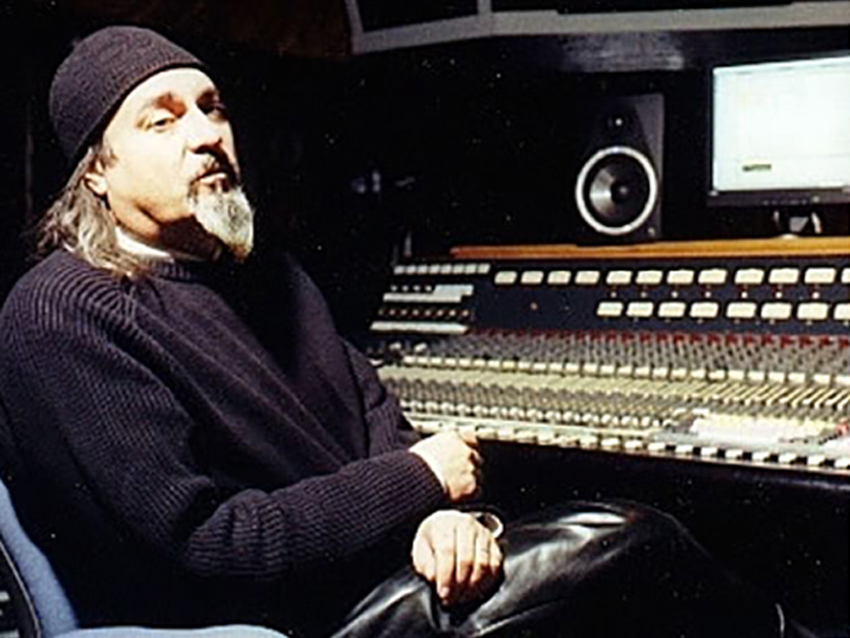
Bill Laswell's top 5 tips for producers
Bassist-producer and "collision music" purveyor Bill Laswell issued a simple dictum for Red Hot Chili Peppers drummer Chad Smith and New Orleans-bred pianist Jon Batiste for making their collaborative, jam-based album, The Process: Don't be yourselves.
“If you're going to try something new or go somewhere unknown, you have to take away all the safety nets," Laswell says. "Chad and I talked about him trying out some different grooves and rhythms. The whole idea was to be unrecognizable, because if people go, 'Oh, that's Chad Smith from the Chili Peppers,' they're already bringing a certain expectation to the music. Let's get out of that."
As for Batiste, Laswell went even further to take the jazz pianist out of his normal comfort zone, shifting the emphasis to synthesized sounds and instruments and calling upon the keyboardist to "not think style or genre." "To be honest, I don’t like jazz, and I especially don’t like New Orleans jazz," Laswell says. "I don’t like traditions of any kind, so let's get rid of them and see where this music wants to go. If you put musicians with instruments that are unfamiliar, or you give them the freedom to go into the unknown, they're going to play something unusual."
A multi-musical hat wearer – composer, band member, engineer, mixer – Laswell has, since the early '80s, spent equal time on both sides of the studio glass. In fact, he bristles at the term "producer," insisting that truly immersed musicians shape the sound of a recording as much as anybody who bears that label. "If you're leading and contributing, then you're producing," he says. "The truth is, a lot of people get called ‘producer,’ but the label can be meaningless. I don’t think half of these people have a grip on what it takes to make exciting music."
With that in mind, on the following pages Laswell offers his top five tips for producers. The Process, which also features guest spots by Wu-Tang Clan's Killah Priest and TV On The Radio's Tunde Adebimpe, is available at iTunes and on Amazon.
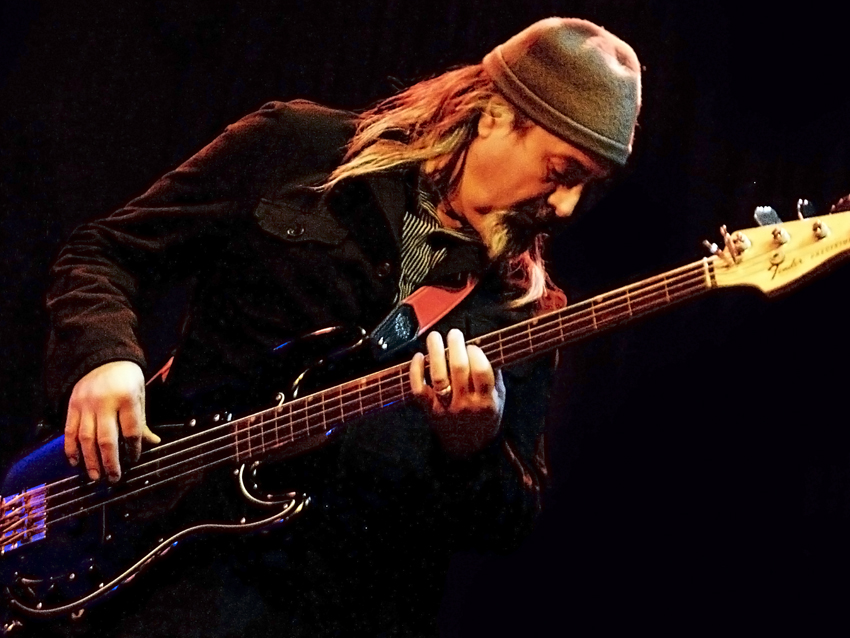
Intent is the whole secret
“And in that way, you can’t explain it – because it’s a secret. I work with a lot of themes, and I regenerate them and bring them back in and out of different contexts.
“A lot of producers don’t operate with intent. To them, making music in the studio is like a scam. They just wanna get through something and get paid. It’s kind of like the whole remix culture. How many people really are artists at creating recombinant remix structures? It’s a science. Very few people approach it with integrity.
“What they need is a concept and to get possessed and eccentric. There are people who get it – Lee ‘Scratch’ Perry and George Martin. They live the work. I can’t say that about others.”
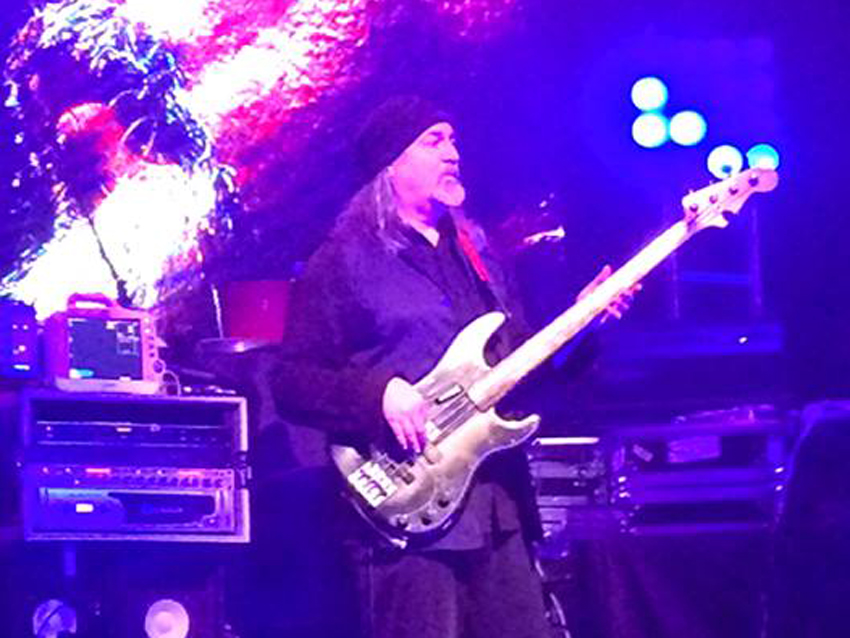
Magic calls itself the other method for controlling matter and knowing space
“I mean, think about it. This is directly from Brion Gysin, who was very versed in North African music and who experienced trance music. This refers to the magic that goes with trance and the repetition that goes with North Africa – Morocco, specifically.
“The other method being what Carlos Castaneda calls 'the nodule,' where you have two universes existing. There’s the tonal universe, which is known, and the other is the nodule, which is the unknown. Magic can only come from the unknown. Not everybody can see it or touch it or call it up, but it exists if you’re available.”
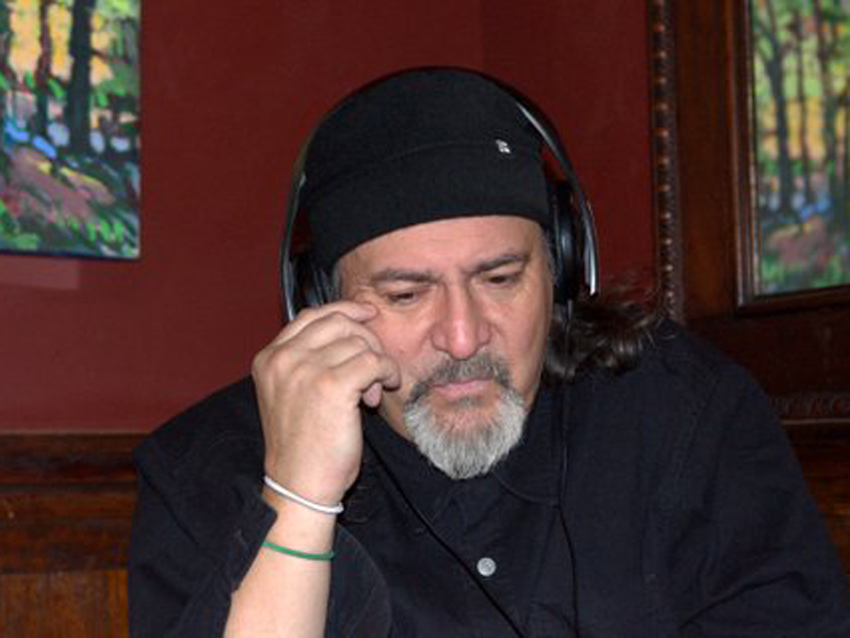
Art is the word that light writes in space
“Again, Brion Gysin. He made illuminated paintings, which related a lot to various elements and aspects of music, especially with trance and ambient music.
“The concept is that words belong to you until somebody takes them away. That’s what I do: I take words away, but the words were from somebody else. You just have to know the history of the background. If you never heard John Coltrane and you heard somebody playing just like him, you’d say, ‘Wow, that guy really influenced me.’ Of course, you were really being influenced by John Coltrane, but you don’t know it.”
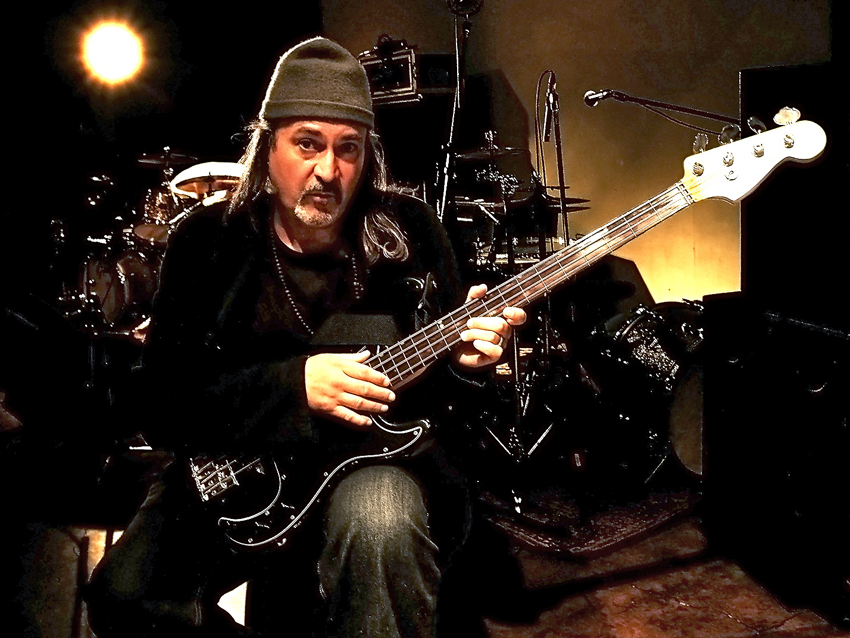
I never wanted to be called a producer
“A producer sounds like somebody making soundtracks. People like that never found their own voice, their own sound. I've always felt that the people who do things like production can’t love everything they do, because it’s not really their work. It might be their job, but there’s nothing really special about a job.
“I threw in the soundtrack thing because I don’t think I’ve ever met someone who does successful soundtracks who wouldn’t rather be known as a great artist. Once again, if you can’t get your own thing going, you take these jobs grinding out stuff. I’d rather do my own thing, as opposed to making stuff that’s just supposed to remind you of other stuff.”
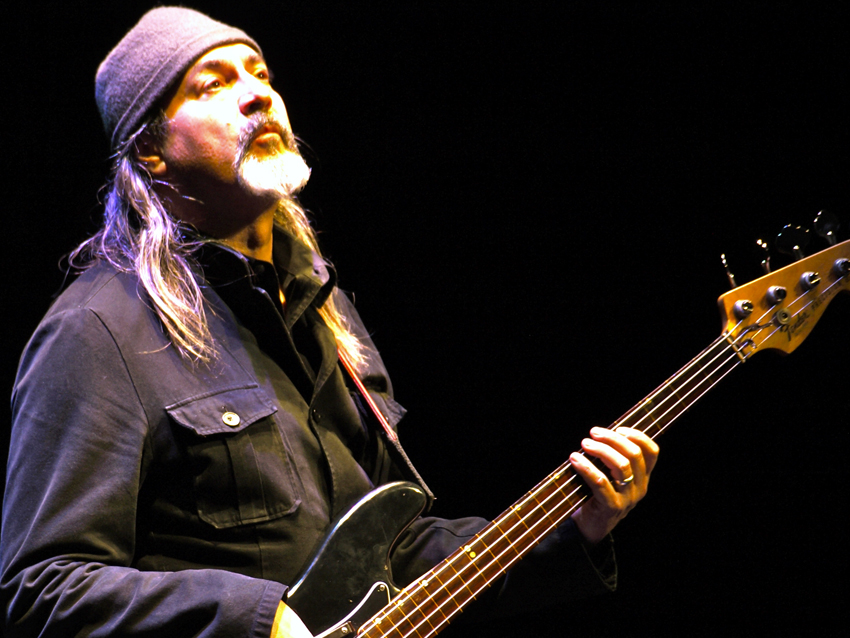
Nothing is true. Everything is permitted.
“I’ve said this for 20 years. I used to have a label called Axiom through Chris Blackwell and Island, and this is what I said back then. To me, it’s hope and future and my sense of reality, which is that you can do what you want if you’re willing to make the sacrifice.
“This quote comes directly from Hassan-i Sabbah, who was the leader of the Hashshashin – this is where the word ‘assassin’ comes from. This was a big influence on Burroughs and Dysin. It’s a way of saying that just because something is the law, it doesn’t make it right. It’s another way of saying that there is no law.
“Nothing is true – it goes against something you disagree with because you can. If you don’t like something, you don’t have to do it. ‘Everything is permitted’ means ‘if you’re willing to make that sacrifice.’ It’s like Aleister Crowley: ‘Do as thou wilt shall be the rule of the law.’ You have to mean this stuff. I use these quotes because I do mean it.”
Joe is a freelance journalist who has, over the past few decades, interviewed hundreds of guitarists for Guitar World, Guitar Player, MusicRadar and Classic Rock. He is also a former editor of Guitar World, contributing writer for Guitar Aficionado and VP of A&R for Island Records. He’s an enthusiastic guitarist, but he’s nowhere near the likes of the people he interviews. Surprisingly, his skills are more suited to the drums. If you need a drummer for your Beatles tribute band, look him up.
